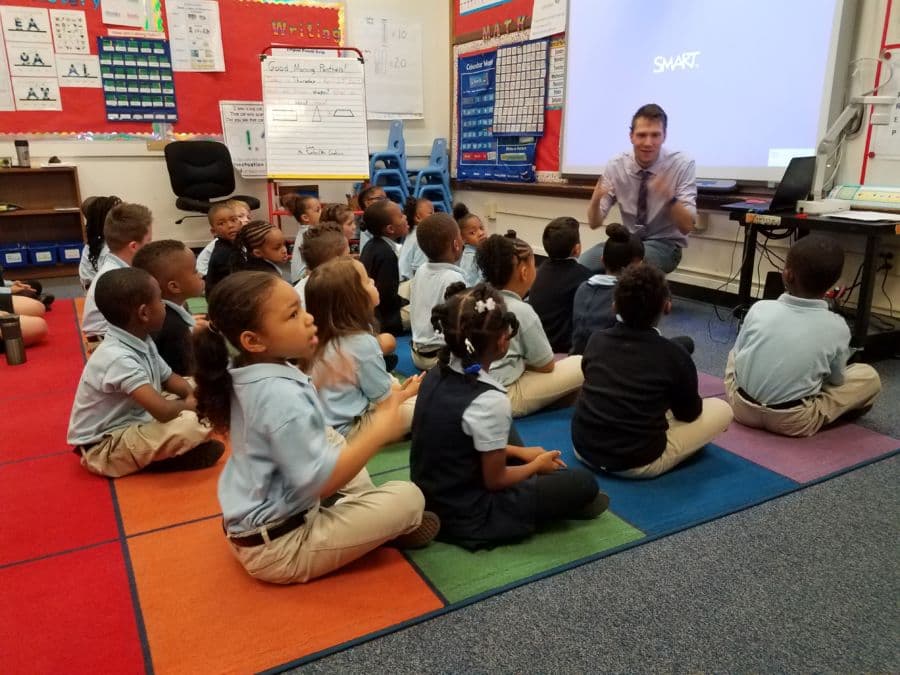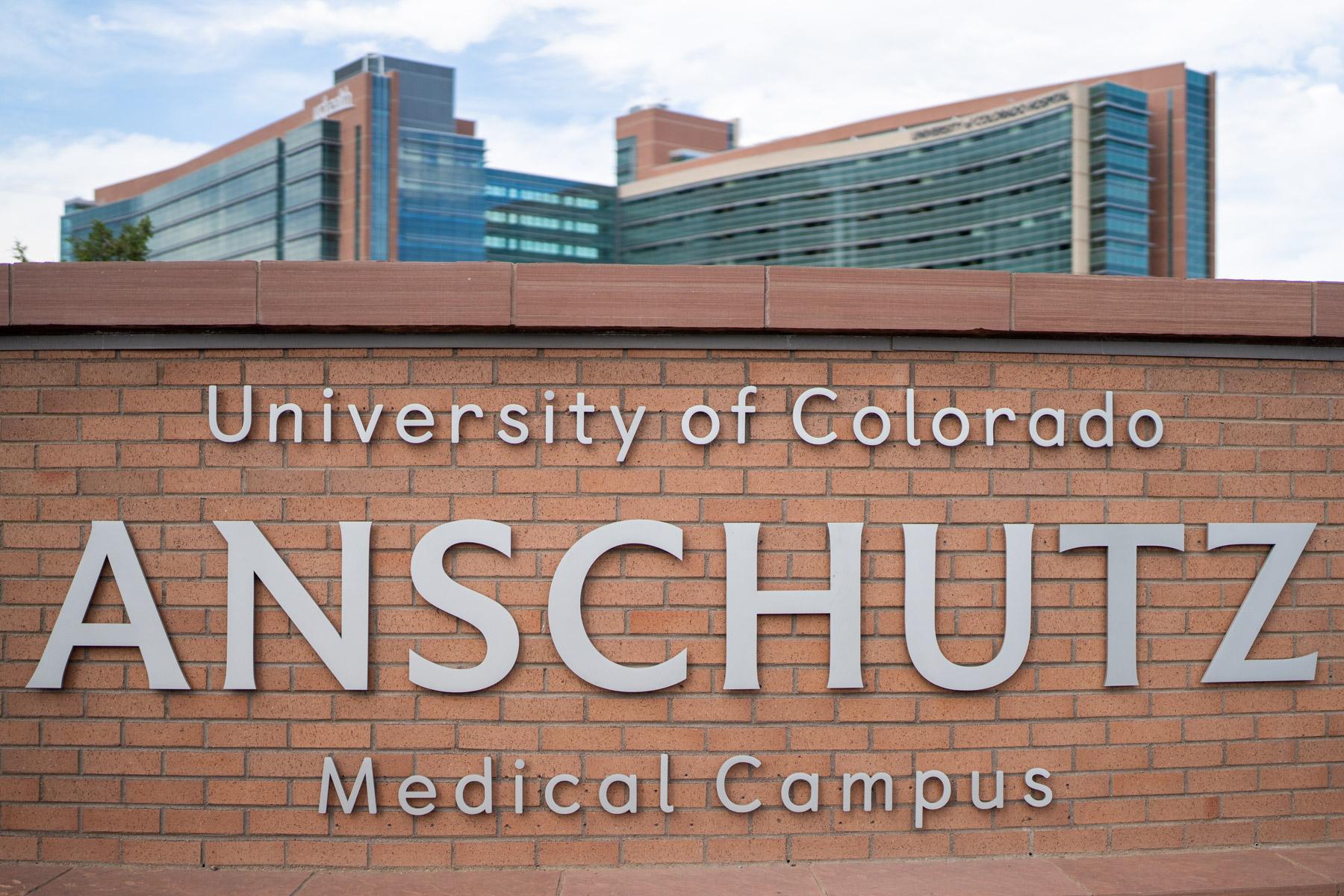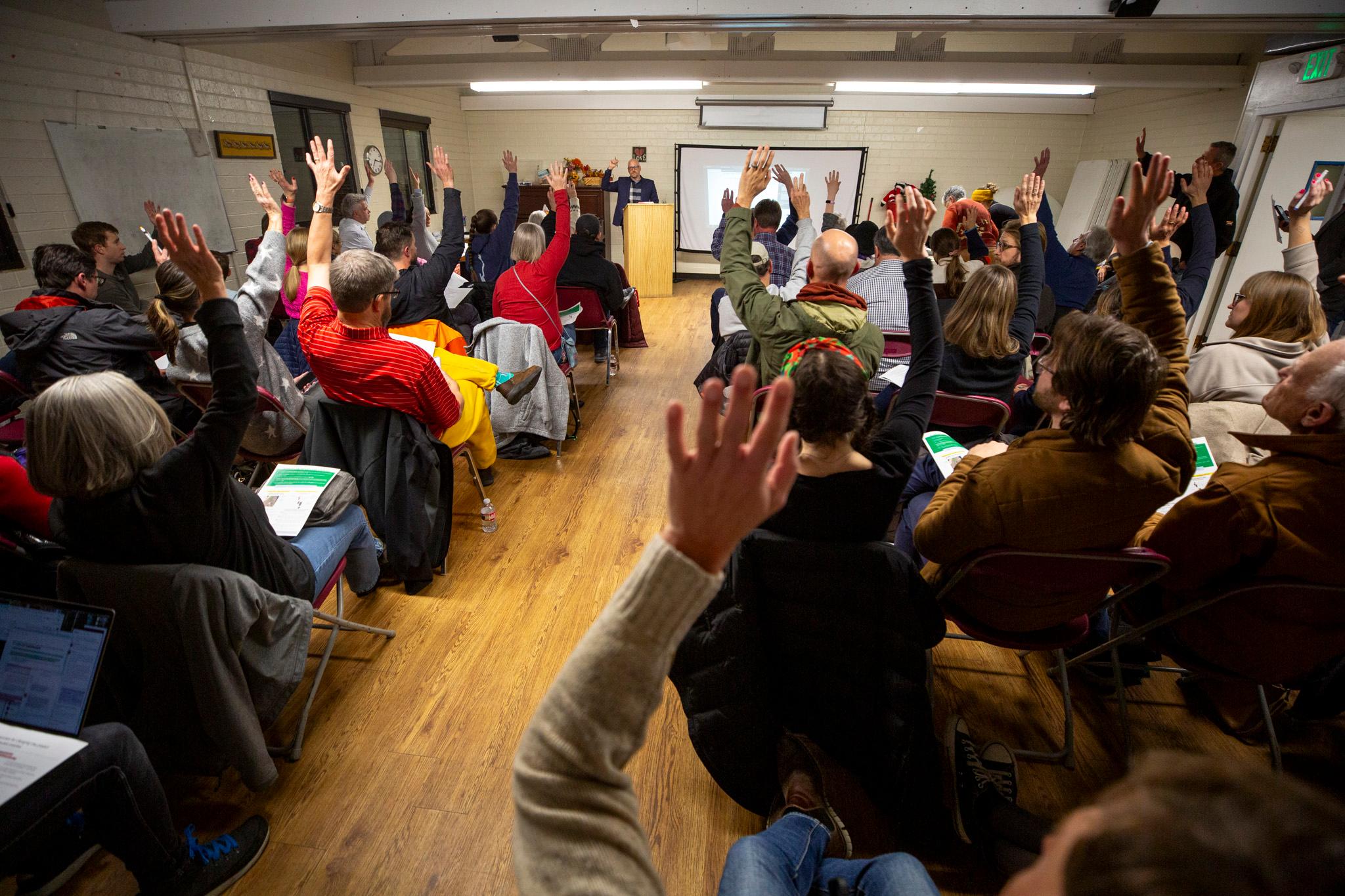
University Prep charter school is no longer in the running to replace Denver’s low-performing Amesse Elementary School, leaving another charter school and a proposed district-run school as the two applicants remaining.
Denver Public Schools staff found that University Prep’s plan for teaching English language learners did not meet the requirements of a court order dictating how such students must be taught in DPS. Its application “does not include a plan for Spanish literacy or an adequate ratio of Spanish-English instruction,” according to a presentation to the school board Monday.
A letter to the board co-signed by University Prep founder David Singer and Jennifer Holladay, executive director of DPS’s Portfolio Management Team, says University Prep will not move forward in the process of competing to replace Amesse, which is slated to close next year.
“We each regret that our teams did not engage in the detailed conversations necessary to ensure University Prep was well supported and prepared to develop and execute” a program to teach English language learners that would meet the requirements, the letter says.
In an interview Monday, University Prep’s Singer highlighted the network’s work serving English language learners at an elementary school “restart” it operates in Denver. At that northeast Denver school, 72 percent of students are English language learners, and internal assessments show those students are making rapids gains in reading and English language arts, Singer said.
“University Prep is deeply committed to serving English language learners,” he said.
Singer said the charter network recognizes that the model mandated by court order “is a different approach than our current efforts, and that such an approach requires time, energy, resources and a significant collaboration between University Prep, the district and any new community we serve … We are deeply committed to getting it right for all children.”
He said “increased communication between district and operator about expectations for this particular model” would help.
(Although University Prep did not withdraw its application for the Amesse restart, the joint letter from Singer and Holladay effectively takes it out of the running. An earlier version of this story reported that the application had been withdrawn.)
Other applicants seeking to open schools in Denver as part of the district’s annual “Call for New Quality Schools” are being asked for more information about serving English language learners, as well.
“The applicants do need to fix it, because it is an important element of serving children in Denver,” Holladay said at Monday’s school board work session. “And we are going to do some reflection, as well.”
Two other applicants are still in play to replace Amesse: STRIVE Prep charter school and the Montbello Children’s Network, which is a partnership between the current Amesse community and McGlone Academy, a nearby district-run school in the far northeast part of the city.
The DPS school board voted in December to close Amesse and two other low-performing elementary schools, Greenlee and Gilpin Montessori. The district solicited applications for programs to replace Amesse and Greenlee but not Gilpin, where enrollment was declining.
DPS staff on Monday recommended which applicants to replace the two schools met the district’s “quality” bar. The school board will vote Thursday on those recommendations.
Both STRIVE Prep and the Montbello Children’s Network met the “quality” requirement according to staff, and cleared additional pre-screening requirements for building placement.
Just one applicant vying to replace Greenlee met the district’s “quality” requirements. That application, for a school called the Center for Talent Development at Greenlee, was submitted by Sheldon Reynolds, the current principal of Greenlee.
The other applicant for the Greenlee replacement, a Wyoming-based charter school network called PODER Academy, was not recommended for approval. District staff said the application did not make a “compelling case” the model could be replicated in Denver, and cited a lack of community support and limited information on how the school would serve English language learners and special education students.
The applicants left standing after Thursday’s school board vote will next be considered by a community review board, which will make recommendations to Superintendent Tom Boasberg. Boasberg then will make his recommendations to the school board, which will choose replacements for the two schools.
Eric Gorski contributed information to this report.
Chalkbeat is a nonprofit news site covering educational change in public schools.












